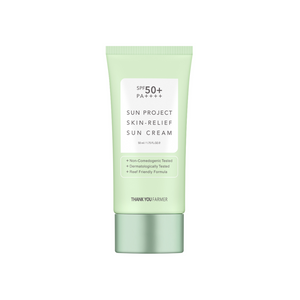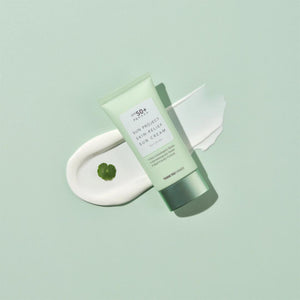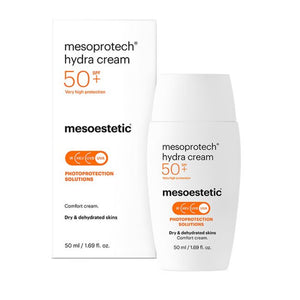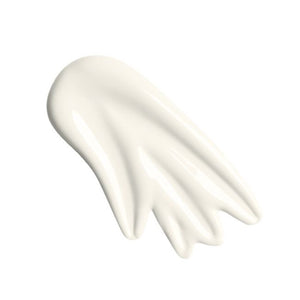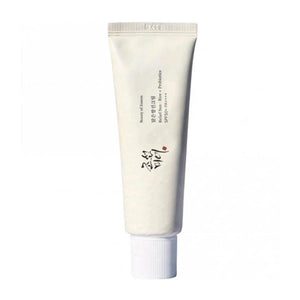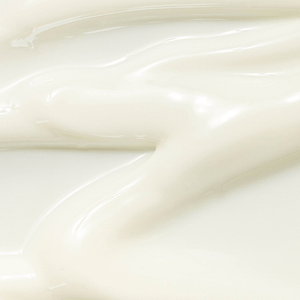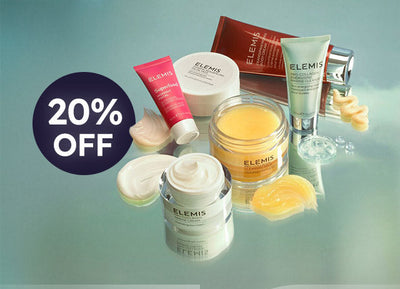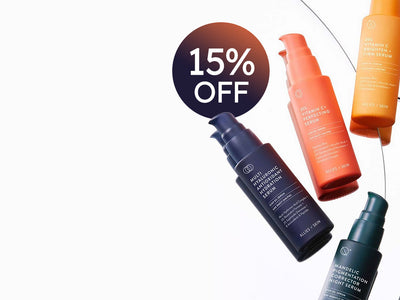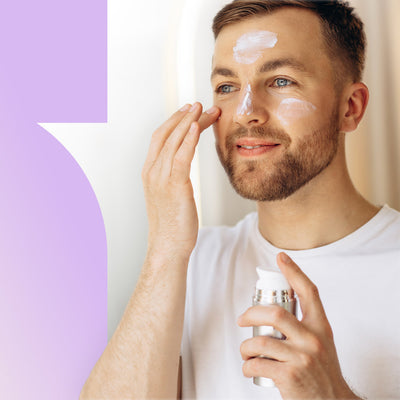Chemical vs Mineral Sunscreen: What’s Best for Your Skin This Summer?
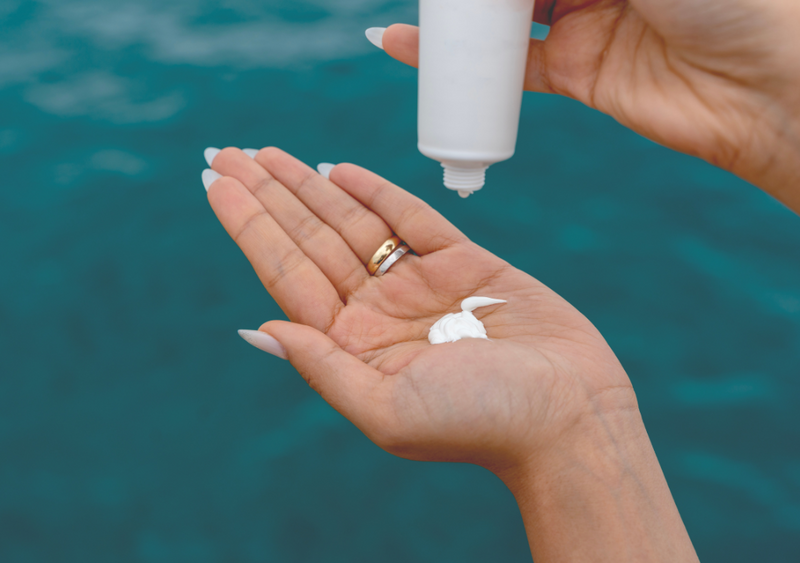
With such a variety of SPFs on the market, it can be difficult to know what is best suited to your skin. There are two types of sunscreens, chemical and mineral, that you’ve probably heard of, but you might be wondering what the differences are, and which is best suited for your skin.
Read on to discover the key differences and find out which one is right for you:
Chemical Sunscreen
Chemical sunscreens are often known as organic or synthetic sunscreens. They work by absorbing UV radiation with active ingredients such as:
- Oxybenzone
- Avobenzone
- Octisalate
- Octocrylene
- Homosalate
- Octinoxate
These ingredients are usually a tell tale sign of a chemical sunscreen. One of the benefits of using a chemical sunscreen is that because they’re designed to absorb the UV rays, they often leave little to no stickiness or residue on the skin.
Who Should Use Chemical Sunscreen?
Chemical sunscreen is great for people who have oily or acne-prone skin, as its lightweight finish won’t contribute to build-up on your skin. If you have a darker skin tone, this may be a good option as chemical sunscreen doesn’t leave a white cast.
Who Shouldn’t Use Chemical Sunscreen?
If you have sensitive and easily irritated skin, chemical sunscreen may not be the best option as the active ingredients may trigger irritation.
Our Favourite Chemical Sunscreens
We have a variety of great chemical sunscreens onsite to choose from, but here are some of our top picks:
- La Roche-Posay Anthelios UVMune 400 Oil Control Fluid SPF50+ For Oily and Blemish-Prone Skin 50ml
- Eucerin Sun Gel Cream Dry Touch SPF50+ 200ml
- Thank You Farmer Sun Project Skin Relief Sun Cream SPF50+ PA++++ 50ml

Mineral Sunscreen
Mineral sunscreens, also known as physical sunscreens, work by creating a barrier on your skin to protect from UV rays. Usually, mineral sunscreens are made up of tiny particles of two active ingredients:
- TiO2 (Titanium dioxide)
- ZnO (Zinc oxide)
These two ingredients provide broad-spectrum protection by reflecting the UV rays away when the sun hits them.
Who Should Use Mineral Sunscreen?
Due to the light-reflecting particles in mineral sunscreens, it can often give off a white cast, making mineral sunscreen better for those with fair/light skin. Mineral sunscreen is also great if you have sensitive skin as its ingredients aren’t as harsh and therefore won’t irritate your skin.
Who Shouldn’t Use Mineral Sunscreen?
If you have a deeper complexion, you may want to opt for a chemical sunscreen as mineral sunscreens are prone to leaving a white cast due to the particles they contain. However, the solution to this is to use a tinted mineral SPF to offset the white cast with a tint that is a close match to your skin tone. If you’re looking for a lightweight SPF then you’re probably better going with a chemical sunscreen, as mineral sunscreens have a thicker consistency that is harder to work into your skin.
Our Favourite Mineral Sunscreens
Check out some of the best mineral sunscreens we offer:
- Heliocare 360 Mineral Tolerance Fluid SPF 50
- mesoestetic Mesoprotech Hydra Cream SPF 50+
- Beauty of Joseon Rice Sunscreen With Rice Water & Prebiotic Complex SPF50+ for All Skin Types 50ml
What Is The Main Difference Between Chemical and Physical Sunscreens?
The main difference between these two types of sunscreens is that chemical sunscreens absorb UV rays, while mineral sunscreens block them. Another important thing to note is that neither is better than the other in terms of protection. It all depends on what you’re looking for from an SPF that you can wear every day!
Shop Our Chemical & Mineral SPF Picks
